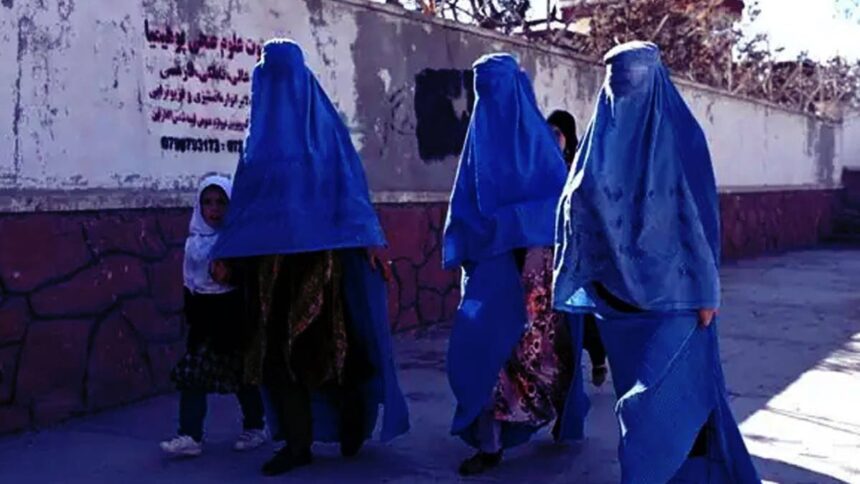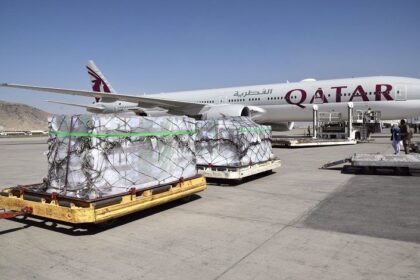RASC News Agency: Since the Taliban’s resurgence in Afghanistan, women across the country have faced profound restrictions and challenges. Reports indicate that Afghanistani women’s basic rights and freedoms have been drastically curtailed. With the Taliban’s return to power, opportunities for women to work have significantly diminished, plunging many into economic insecurity. Widowed mothers are particularly vulnerable as they struggle to survive under these harsh conditions.
The Taliban’s stringent regulations have nearly eradicated women’s access to employment, severely limiting their ability to support themselves and their families. This has forced some women, especially widows, to rely solely on male relatives, often leaving them in precarious situations. Additionally, movement restrictions have confined many Afghanistani women to their homes unless accompanied by a male relative. This has intensified their isolation and hindered their ability to engage in daily activities or seek employment discreetly.
Education, a fundamental right, has also been severely impacted. According to UN reports, over 1.5 million girls and young women are being denied access to education, jeopardizing their future prospects. The ongoing humanitarian crisis has exacerbated the plight of vulnerable populations, including single mothers and their children. Facing extreme poverty, some mothers have resorted to sending their young children to work, exposing them to exploitation and abuse, including sexual violence.
In the midst of these challenges, Afghanistani women have endured harrowing experiences, describing their lives under Taliban rule as akin to imprisonment. Many women, particularly widows of former police officers and soldiers, have expressed desperation, contemplating drastic measures to escape their plight.
As Afghanistan grapples with severe poverty and food insecurity affecting the majority of its population, the situation remains dire for women, especially those heading households. The international community is closely monitoring the situation, with growing concerns about the well-being and rights of Afghanistani women under Taliban rule.






